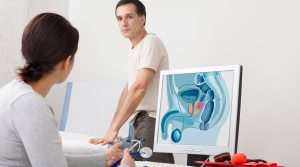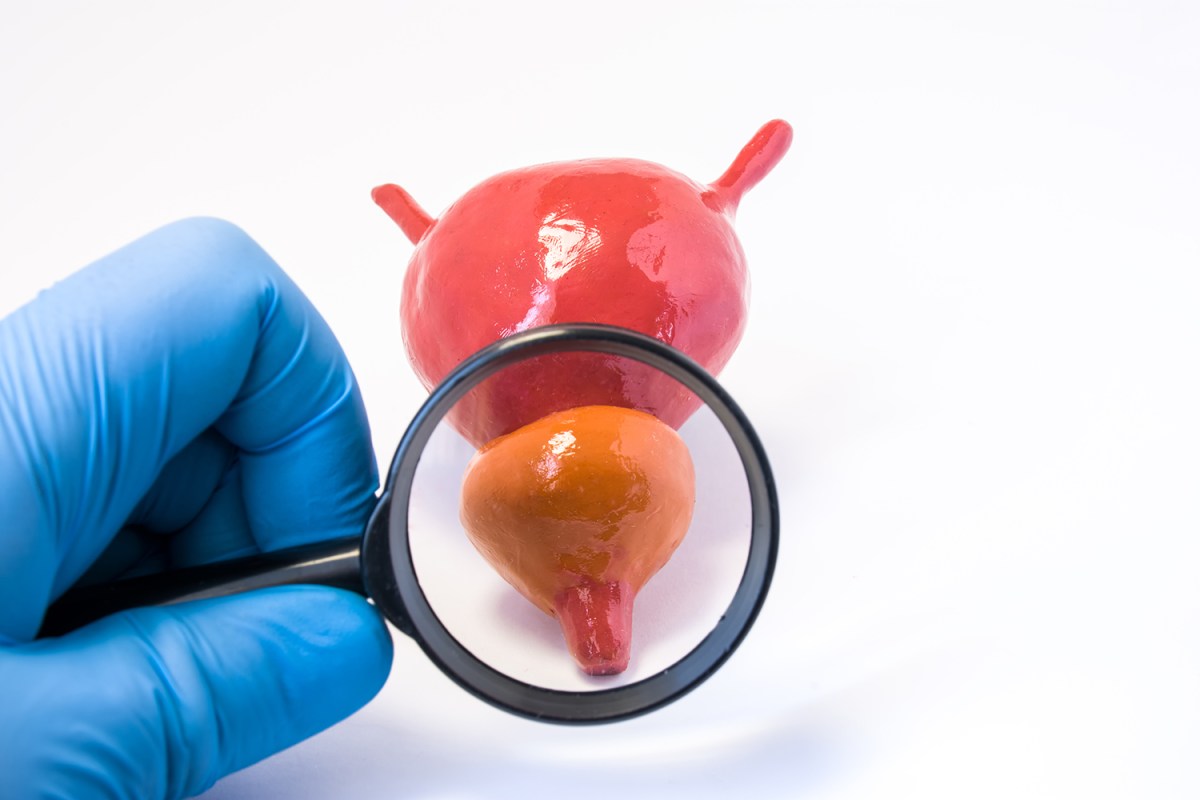If prostate cancer is suspected, a prostate biopsy is mandatory for all patients. Its result determines the tactics of treatment, and sometimes the prognosis.
Prostate biopsy is one of the mandatory studies for the definitive diagnosis of prostate cancer. It is carried out for all patients with suspicion of this disease after a full set of examination:
digital rectal examination;
transrectal ultrasound examination;
determination of the level of prostate-specific antigen (PSA).
Based on the results of a biopsy of the prostate gland, the question of choosing a method of treatment for each individual patient is decided.
There are several techniques for taking a biopsy of the prostate gland. The most common and least painful is a transrectal prostate biopsy, performed with a biopsy device consisting of a biopsy gun and special disposable needles.
Before starting the biopsy of the prostate, an anesthetic is injected into the rectum through the anus, most often a gel with lidocaine is used. 5-10 minutes after anesthesia, a special ultrasonic sensor with a nozzle for a needle is inserted into the rectum, with the help of which thread-like pieces of prostate tissue will be taken for its further study. After insertion of the rectal probe, an ultrasound examination of the prostate is performed to determine the points from which the prostate tissue will be taken. Further, under the control of ultrasound, the actual biopsy is performed. Usually the material for research is taken from 6-18 points. The procedure is well tolerated by patients, only some of them note a feeling of slight discomfort. After the procedure, the resulting material is transferred to the laboratory for diagnosis and determination of the stage of the disease.
All patients should follow these guidelines for a prostate biopsy:
for 7 days before the biopsy, drugs that affect blood clotting (aspirin, heparin, syncumar, phenylin, etc.) should not be taken;
3 days before the biopsy, you must stop taking anti-inflammatory drugs;
in the evening and in the morning on the eve of the study, a cleansing enema is given;
the study is carried out on an empty stomach;
during the day after the biopsy, physical activity should be limited;
3-5 days after the biopsy, antibiotic therapy is prescribed to prevent inflammation of the prostate gland;
The next day after the biopsy, you must remove the tampon inserted into the rectum by the doctor to prevent possible bleeding.
Complications of prostate biopsy:
hematuria https://en.wikipedia.org/wiki/Hematuria (appearance of blood in the urine);
hemospermia (the appearance of blood in the ejaculate);
pain in the perineum and rectum;
inflammation of the prostate gland or exacerbation of chronic prostatitis;
inflammation of the testicle and its epididymis (orchiepididymitis);
acute urinary retention;
bleeding from the rectum.
